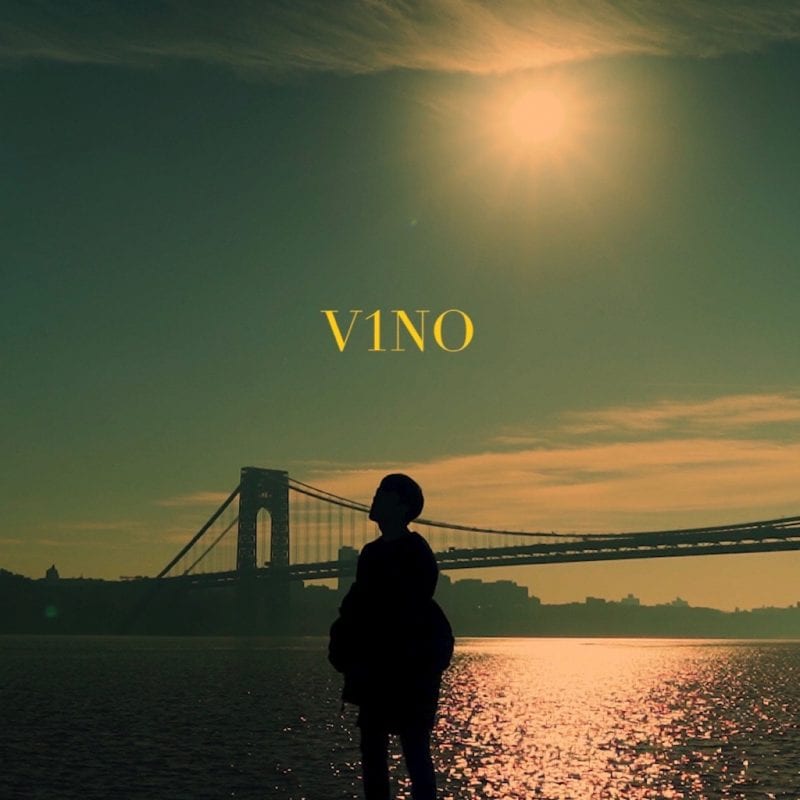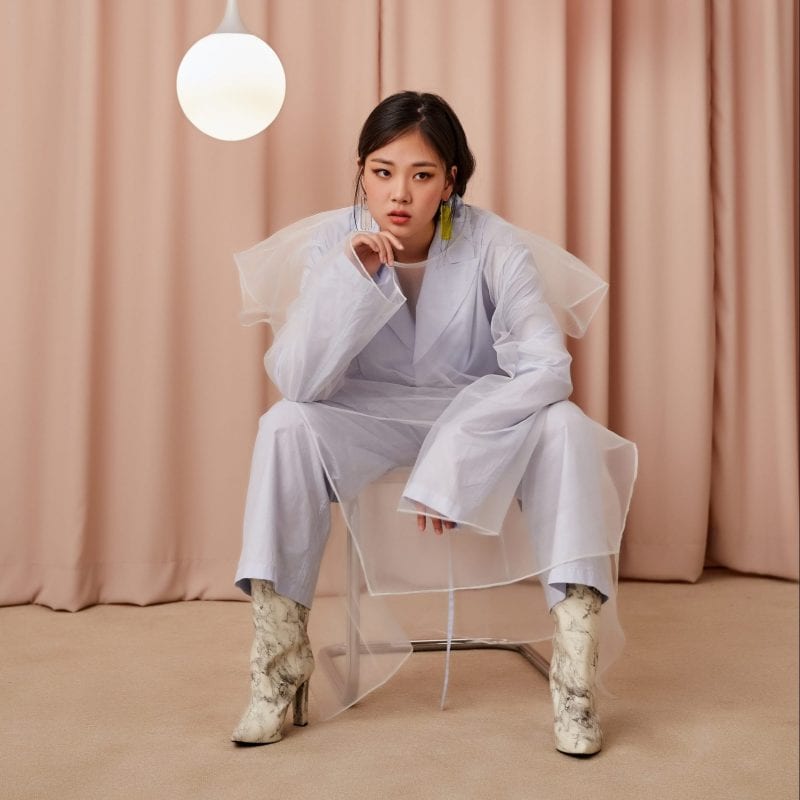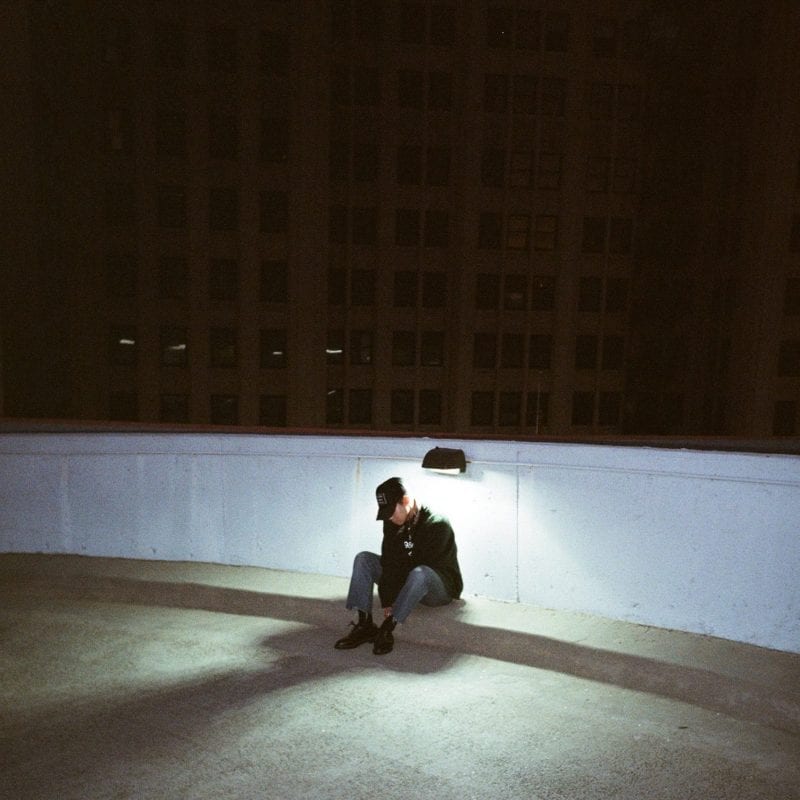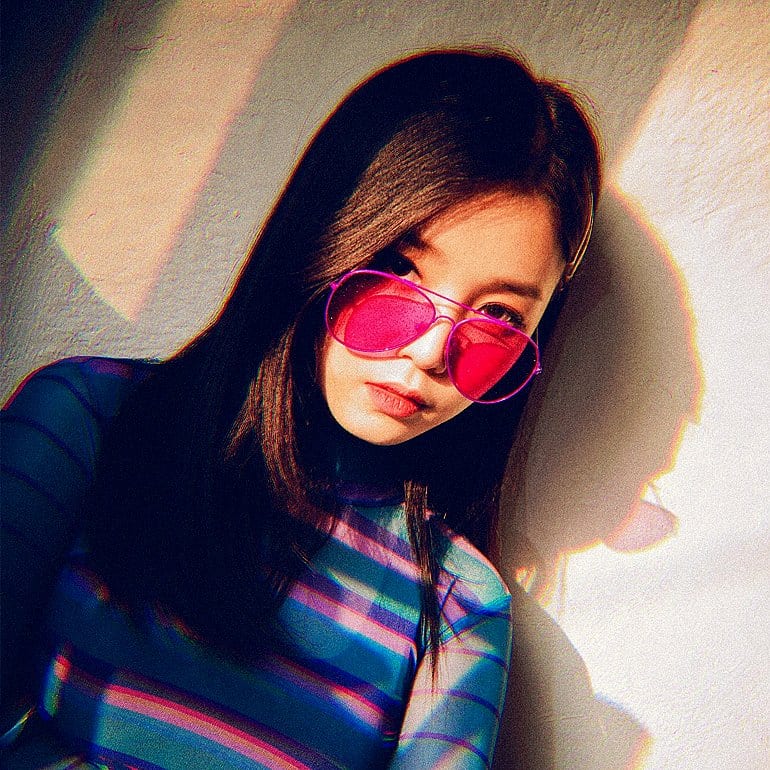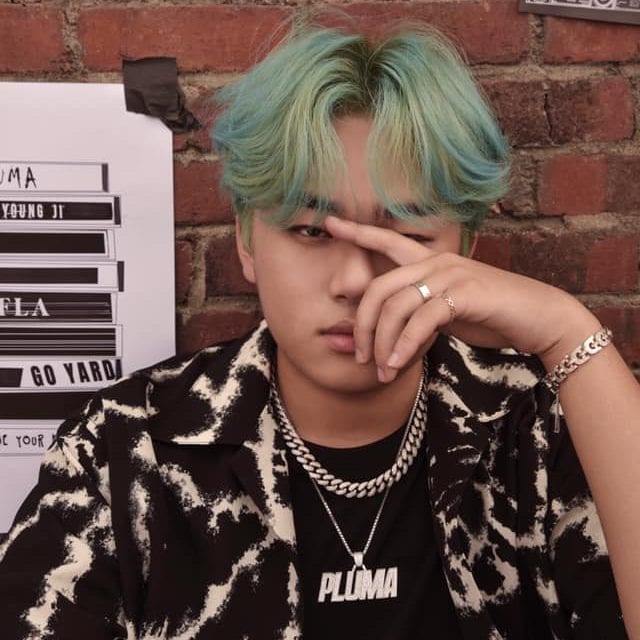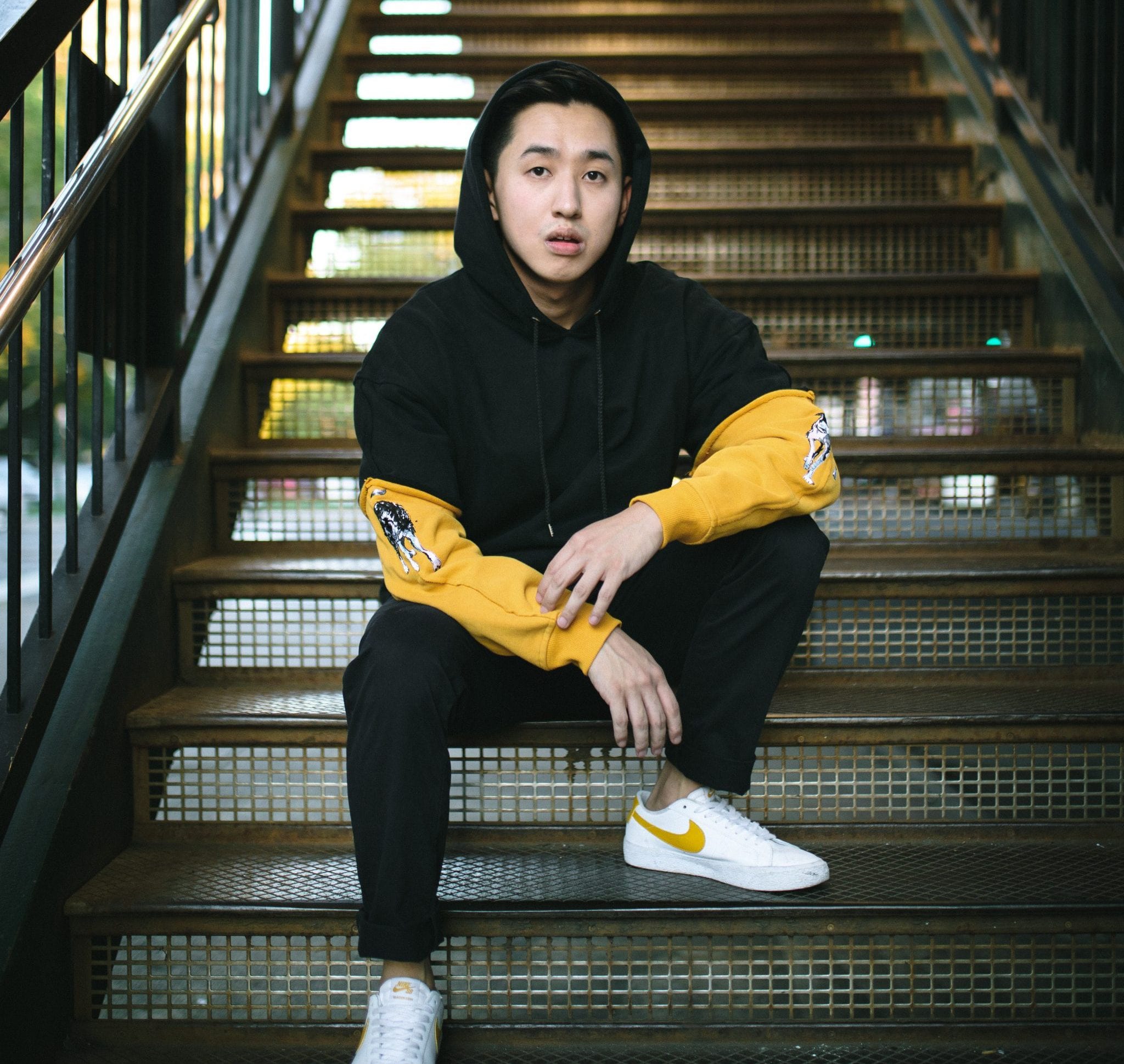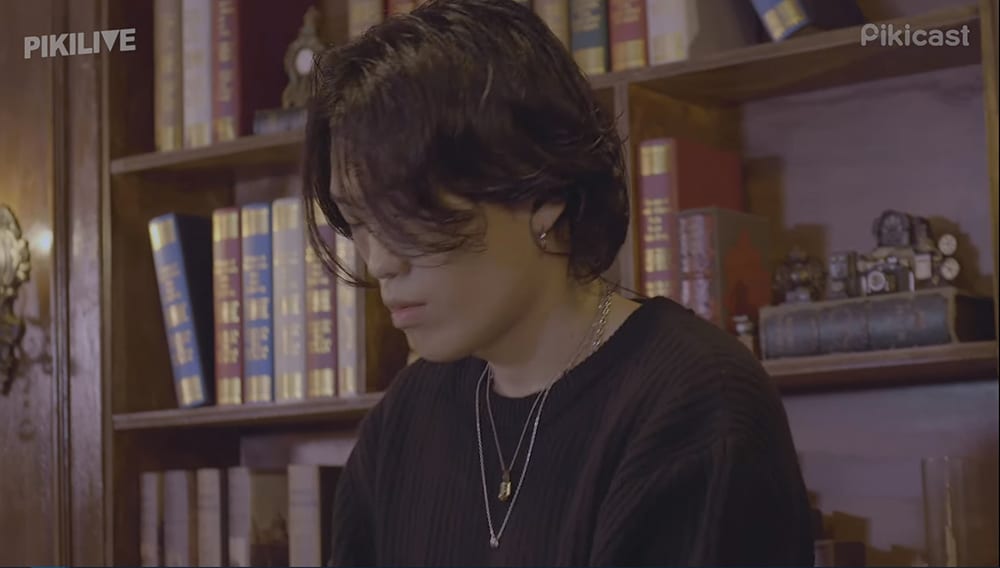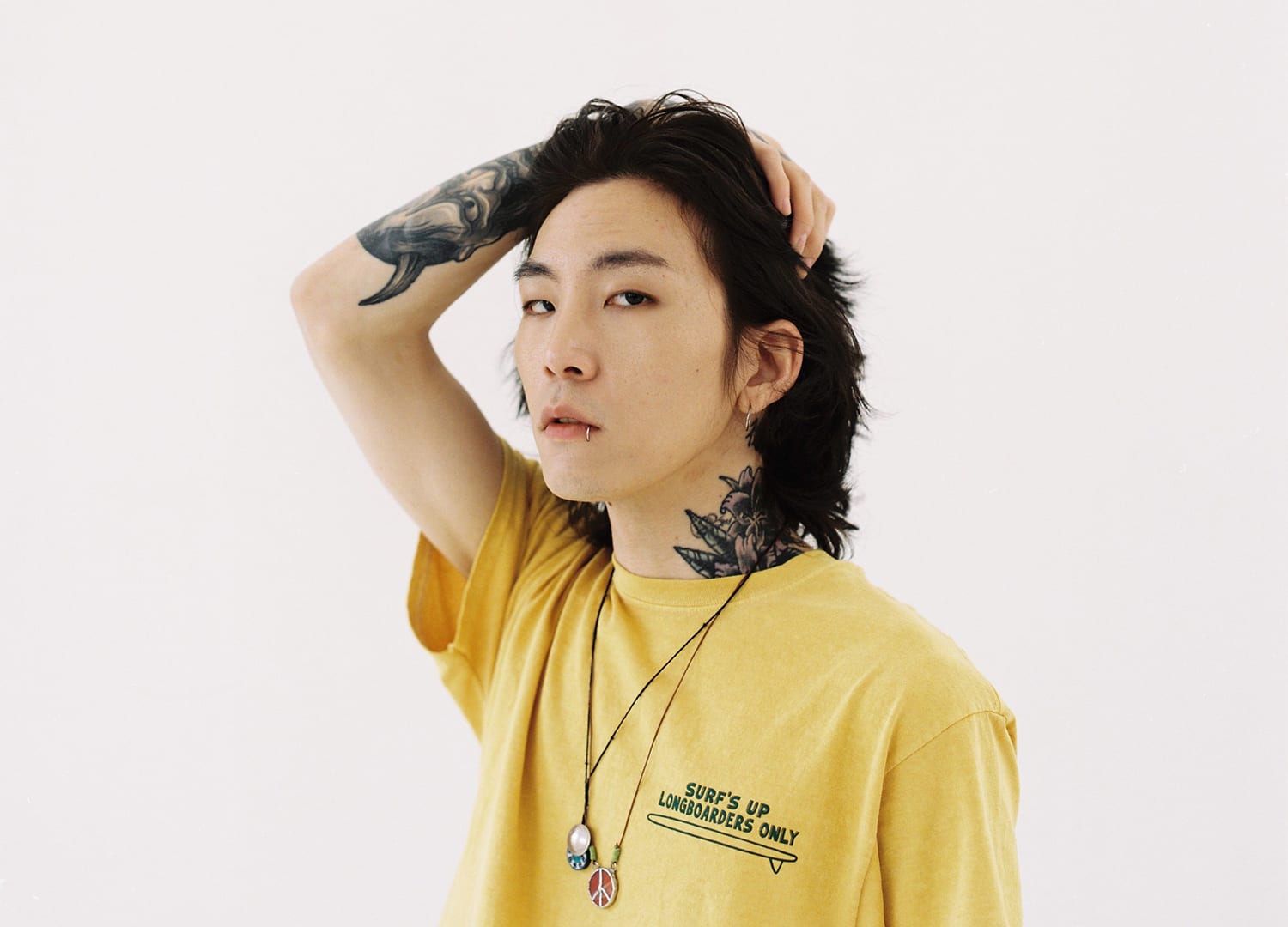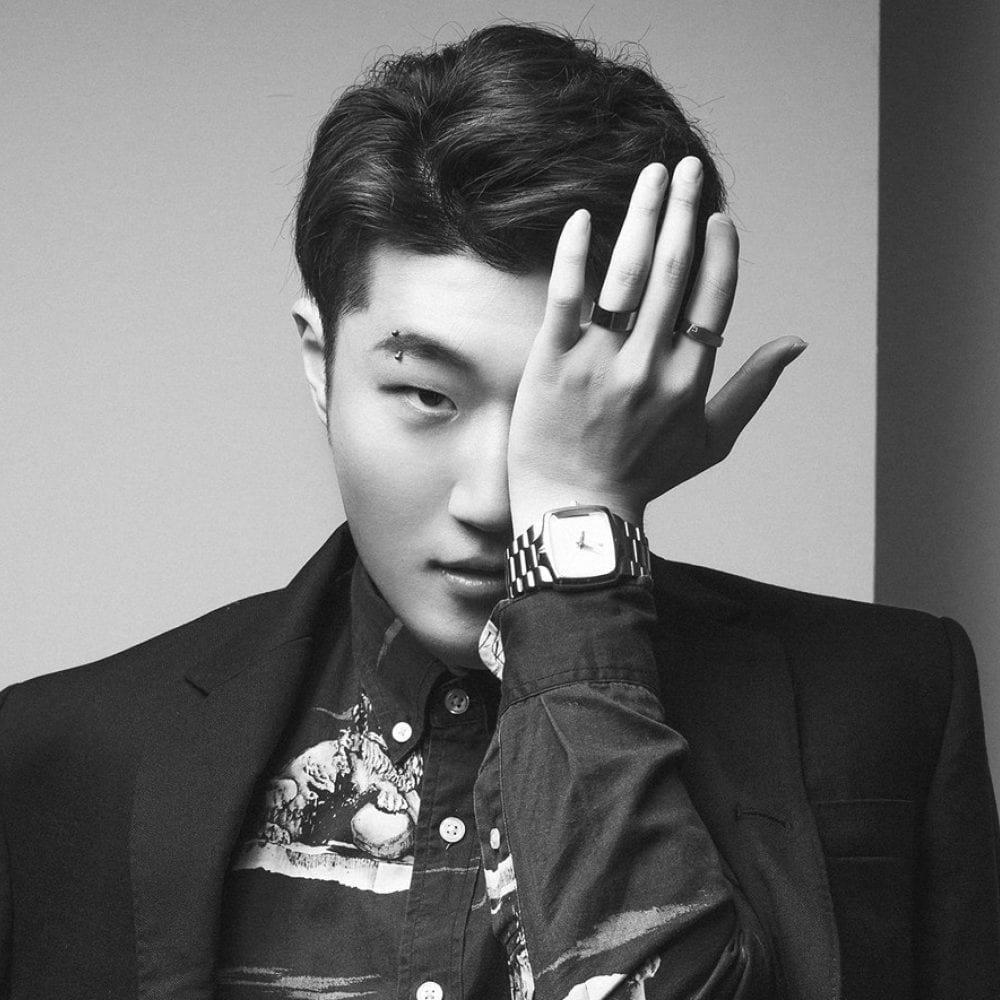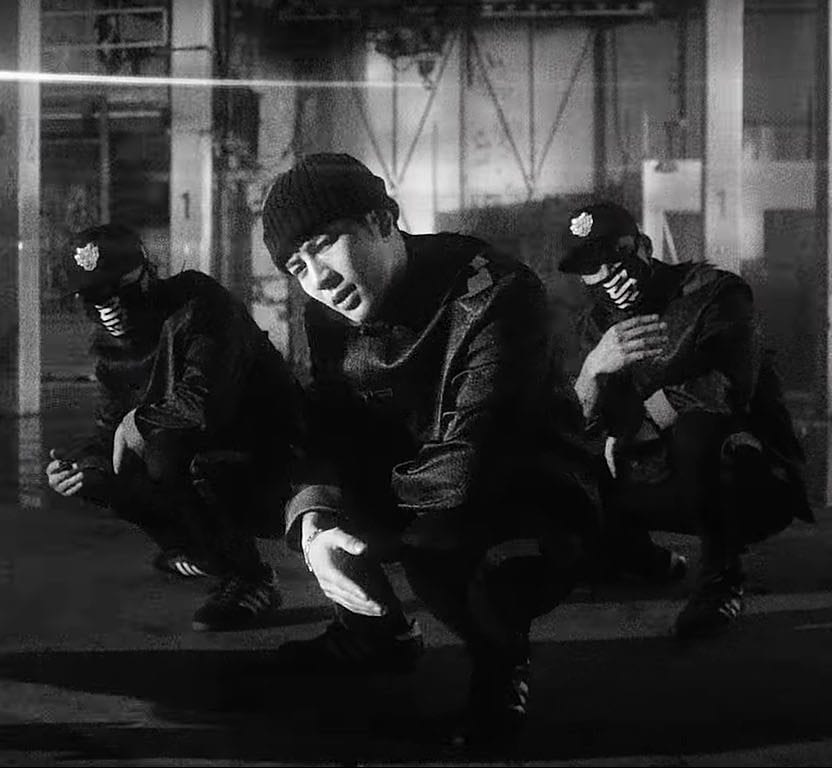If you’ve read anything from me at all, you know I relish the opportunity to talk to any and all artists. I have a particular soft spot for independent artists trying to get the recognition they desperately need and certainly deserve. They all have intriguing stories and perspectives that many with much more to lose are less wont to express. The most recent artist to open up to me is Paul Shin, now known by his stage name V1NO. He’s another in the small circle of Korean-American rappers that have blessed me with both their music and their friendship.
“Let’s Just Keep It Real”: An Interview with Feel GHood Music’s BIBI
Feel GHood Music has long been a place for young artists in Korea’s hip-hop and R&B scenes to have a place to flourish. Yoonmirae and Tiger JK certainly have given the newest generation of artists fertile ground to learn and grow. One of the latest additions to their roster is R&B newcomer BIBI, a vocalist with a whimsical charm and interesting vocal color. She took time to answer some questions for us at the end of 2019.
“I’m a Different Artist”: An Interview with LATE LEE
It’s hard for me to put into words what Joe Lee means to me. Known by his current stage name, LATE, this young man has done so much to push himself forward, to propel his craft that I just sometimes sit back like a proud sister in awe of his growth. In all of that growth, that evolution, one thing is unchanged: his absolute honesty.
“I Try to Show My Honest Self”: An Interview with Retro-R&B Artist Eyedi
One of the more interesting interviews I did late in 2019 was with Eyedi. On the surface, she might seem like a delicate girl. A shy young lady who makes romantic music for the more “idol”-based pop industry. However, when one gets to know her, Eyedi is an incredibly intuitive artist. Concerned about the state of the world. She took some time before Christmas to answer some questions for us.
“I Want to Be the Best”: An Interview with PLUMA
It’s certainly been an exciting time in hip hop in South Korea! Undoubtedly, 2019 was the year for up-and-coming rappers. One of the most promising MCs in the last year is Minjae Song, known most commonly by his stage name PLUMA.
Self-Worth & Self-Reflection: An Interview with FLANNEL ALBERT
By now it’s common knowledge my connection to Albert Joo (known by the stage name FLANNEL ALBERT) is quite strong. To see an artist thrive, to grow within themselves, is truly a blessing. It’s unfortunate, then, that this is only our second actual phone conversation.
Beyond Hip-Hop: An Interview with Producer dress
Very rarely do you get a chance to talk to a producer. Truly delve within the craft of creating the music of the artists you love. However, when you do get those opportunities, they can truly be some of the most enlightening experiences. Producer dress has made a name for himself as one of the most creative among hip-hop artists. But his scope and vision make him so much more. A true artist with a hand in every aspect of the music business. He took some time to answer a few questions for us.
“I’m a Simple Guy”: An Interview with Samuel Seo
To be honest, when I started writing this interview, I wasn’t sure what direction I wanted to take it. How much should I really reveal here? Believe me, I went back and forth about this. Samuel Seo has everything I love in an artist: fearlessness, passion, and a big mouth. But how do I show that honestly without potentially getting him in some hot water? I found my answer in something he said to me during our conversation: “I’m just being honest, sis.”
“I’m Still Learning Every Day”: An Interview with NiiHWA
As you’ll remember from my assessment of the KB Rapbeat Festival, my expectations were drastically different from the reality. However, one artist stood out in all the right ways: NiiHWA. His performance on the Chillax Stage was so energetic, so sincere, my experience prior to that point faded.
Jackson Wang’s “Raw, Authentic Self”: “TITANIC” Review & Interview
“[Rich] Brian and I joined forces to make the best track to vibe out to with ‘Titanic.’ This song is all about getting hype, dancing, and having fun. I’m proud that we are representing Asian cultures together with this collaboration.”
–HiphopKR interview with Jackson Wang
